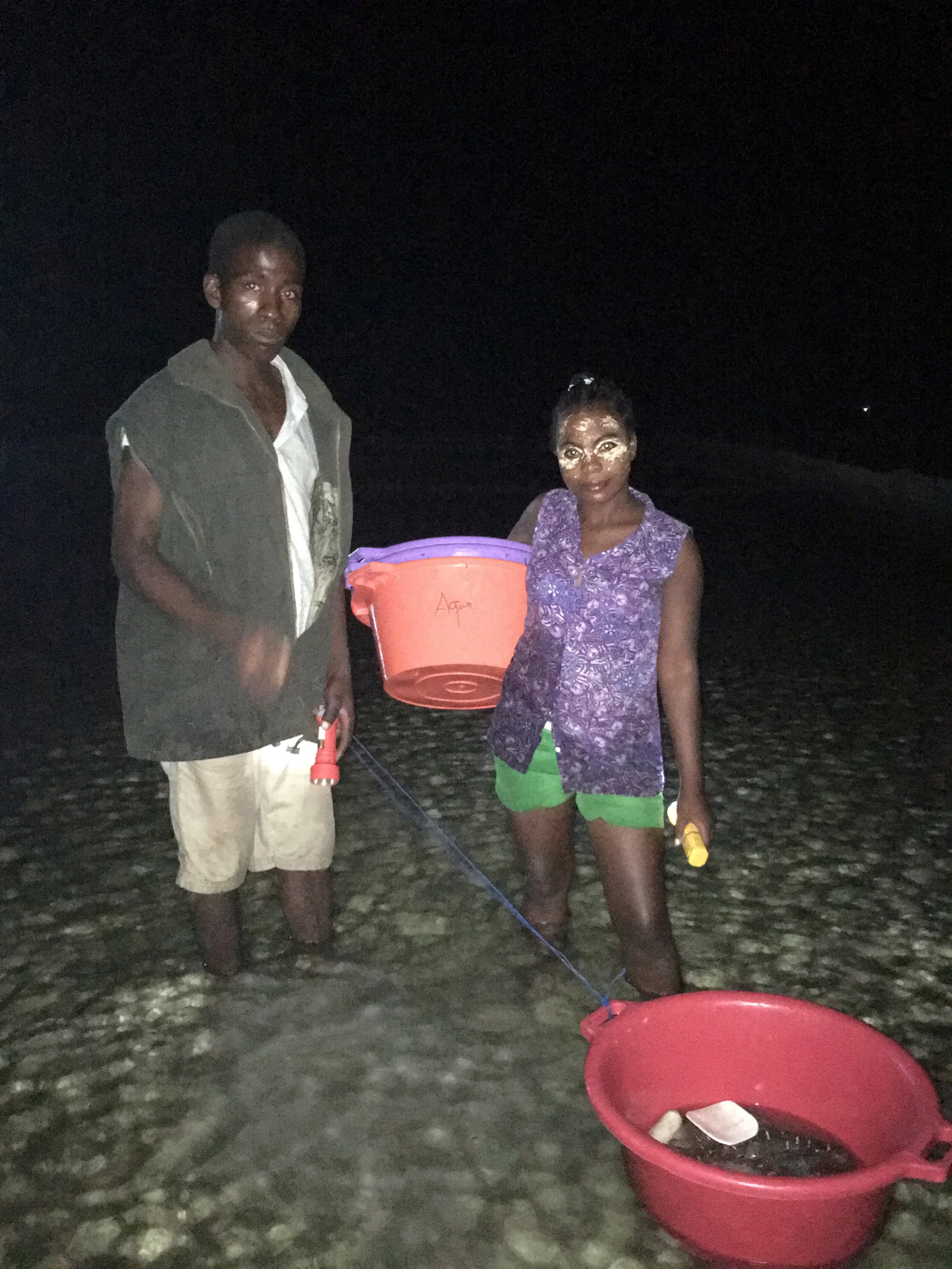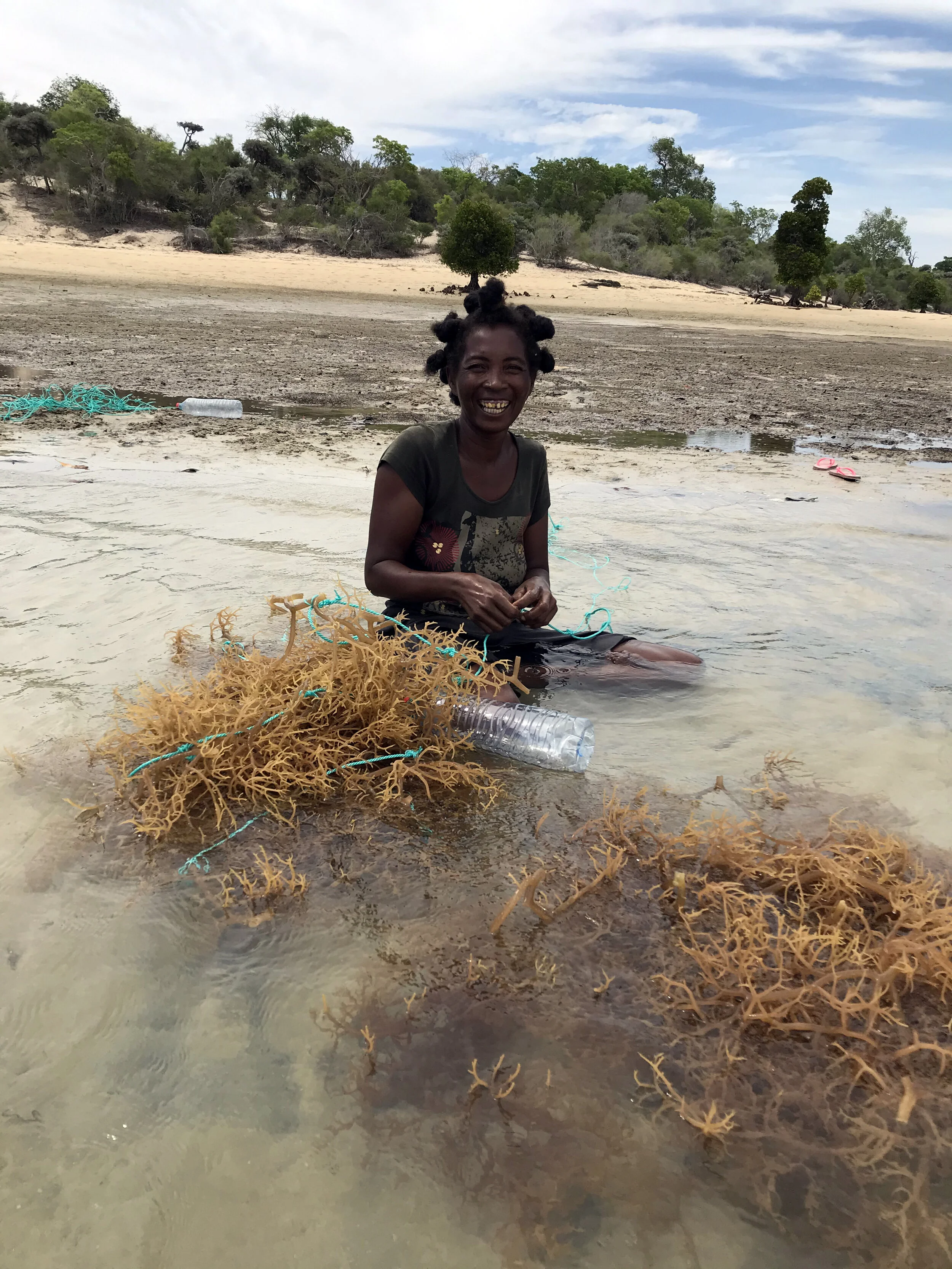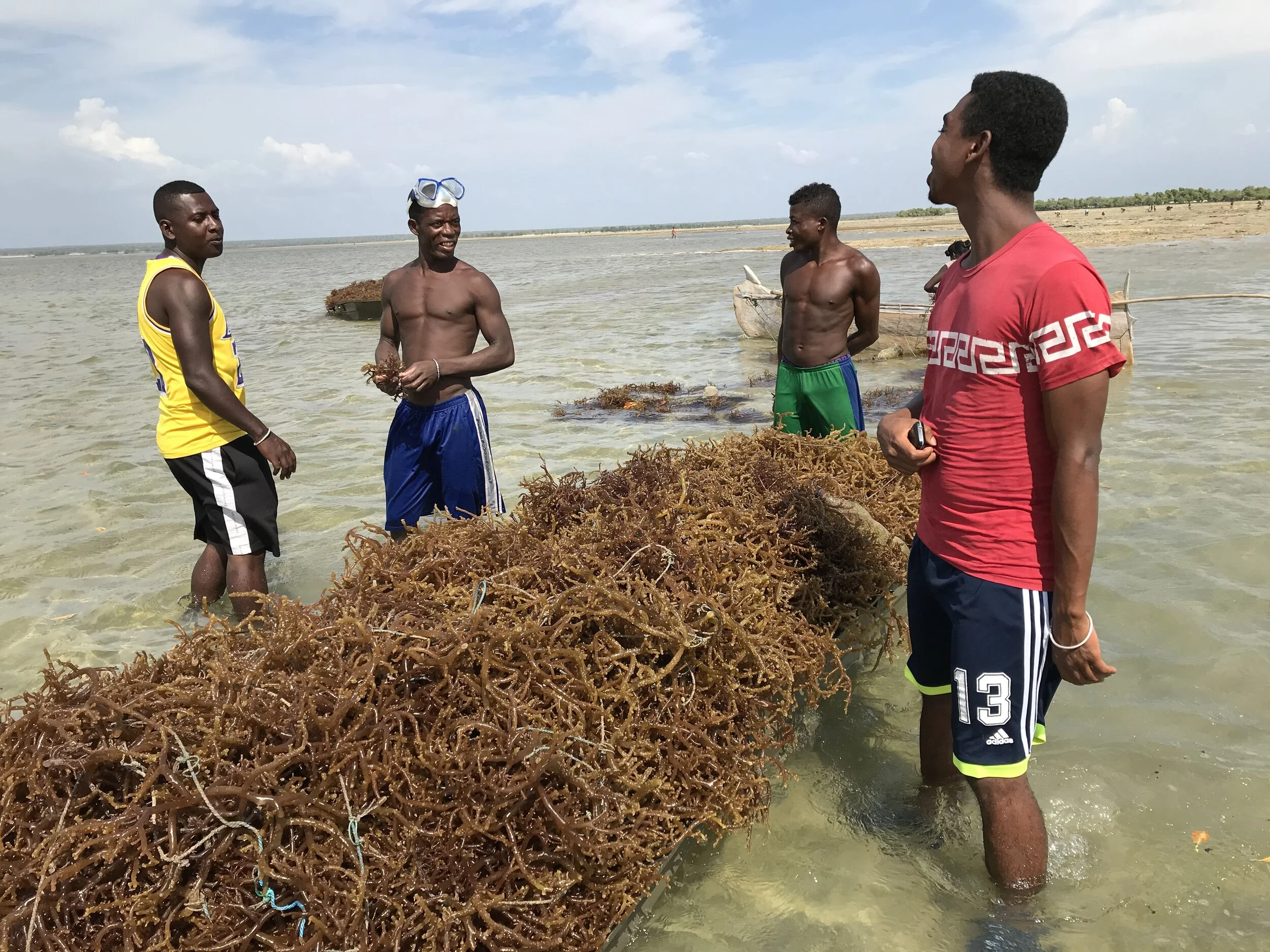Farming sea cucumbers and cultivating algae contribute to a new blue economy
The Vezo people of south-west Madagascar live primarily from fishing, but their catches are not big enough to feed their families. In collaboration with the English environmental organisation Blue Ventures, Norges Vel has helped give the local population a sustainable source of supplementary income from the cultivation of algae and the farming of sea cucumbers.
Country
Madagascar
Periode
2010-2019
Contacts
Partners
COPEFRITO
IOT
Donor
On Madagascar, algae and sea cucumbers exports are part of an international industry. The nutritious sea cucumbers are greatly appreciated on markets such as Hong Kong and Singapore. Consequently, the strong demand for sea cucumbers that grow naturally in the ocean around Madagascar means that these are threatened with extinction. Among other things, algae are in demand as a thickener in the food industry.
In this Norad-supported project, we have helped reduce the pressures on natural resources, at the same time as developing industries that may become a lasting source of income for the local population.
Generates higher earnings for the local population
From 2010 to 2019, Norges Vel and Blue Ventures worked together to develop these new marine industries on Madagascar, helping the local population who work in these industries to boost their income.
Blue Ventures was responsible for implementation. There has also been close collaboration with two local seafood export enterprises, COPEFRITO and IOT. With their research and export expertise in respect of algae and sea cucumbers, these two enterprises have been absolutely essential for getting products to market. The project has also had regular contact with Madagascar's Ministry of Fisheries.
Local management and co-determination
It takes 9 to 15 months from the time one breeds sea cucumbers artificially until they reach marketable size. Fish farming takes place in defined aquaculture areas that outsiders are banned from entering.
The algae are cultivated in open waters in areas defined for aquaculture, and they are harvested after about five weeks. The administration and the fish farming industry are now being built up by the producers in administrative units for aquaculture and through local proprietary production, including the local LMMA. Both products are sold to the local seafood companies, then exported to Asia and Europe.
This work has been conducted in the Velondriake area in a cluster of villages that was declared a Locally Managed Marine Area (LMMA). This means that the local population itself is involved in decisions, and that they are involved in all planned activities in their coastal area. This system contributes to local ownership and motivation to protect and preserve their own local resources.
Norges Vel's contribution and role
Project management and follow up in every step of the project
Safeguard the interests of the algae and sea cucumbers
Build up village-based production and administrative organisations
Ensure equality and women's participation
Ensure environment-friendly, climate-adapted development
Develop the value chain in a manner that ensures profits for all parties
Ensure sustainable phasing out of Norges Vel's support where the production and administrative organisations have been strengthened, and where private players have increased their contributions and support in the value chains
Ensure human rights, good working conditions and risk management for the producers
Lobbying activities for sustainable framework conditions for developing fish farming and economic development, in Africa in particular
Results
Create supplementary income of USD 56 per month for sea cucumber breeders and USD 22 per month for algae growers at the end of the project in 2019
Altogether, more than 640 jobs have been created and further developed
Two smoothly-functioning associations have been established for sea cucumber producers (ZMCs)
Seven village-based groups have been established for algae growers
Two local seafood enterprises have provided support and they guarantee sales for export
The producers have received the requisite technology and skills upgrading from local export enterprises
The goal was to train 50/50 per cent women/men in cultivation and business development. The result is that 46 per cent of the algae growers and 59 per cent of the sea cucumber farmers who received this information are women.
The project has contributed to developing sustainable aquaculture as an integrated component of models for sustainable management of marine resources
Models for sustainable business development have been established and consolidated
The sustainability goals in the project
In the autumn of 2015, UN member states adopted 17 goals for sustainable development by 2030. All of Norges Vels' projects support the sustainability goals.
This project contributes to:





